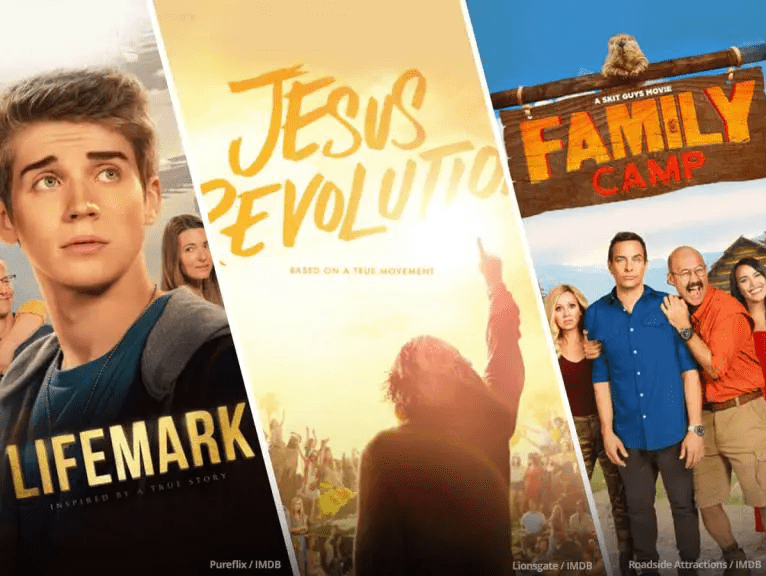
A new survey conducted by HarrisX in partnership with the Faith and Media Initiative has found that audiences want Hollywood to improve its representation of faith. The Global Faith and Entertainment Study interviewed nearly 10,000 people from 11 different countries with varying religious and spiritual backgrounds. Of those interviewed, the majority (4,827) identified as Christian, with 1,360 identifying as Muslim and 1,479 identifying with no religious groups. Other groups represented included Hindu (992), atheist (314), and Jewish (116), amongst others. The study also conducted over 30 in-depth interviews with individuals who work in the entertainment industry. Overall, 73 percent of respondents identified as either religious, spiritual or a person of faith.
Of the consumers interviewed, it was found that 63 percent globally (69 percent of Americans) believe that TV and movies perpetuate religious stereotypes. A majority of respondents also believed that people of faith are underrepresented in entertainment and are oftentimes sensationalized or stereotyped when they are. Respondents also feel that representations of race, gender, and sexual orientation are more commonly represented than their own religious identity. Eighty percent of global respondents stated it was important for the entertainment industry to improve its portrayal of faith. Respondents shared that seeing other religions portrayed also helped them to learn about other faiths and that more diversity of religious representation could foster dialogue between other groups. From interviews with those in the industry, the study found that faith is often viewed as niche or controversial to portray. “I think that people want to impress a very, very, very unique culture in L.A. And oftentimes, that’s at odds with really entertaining Middle America,” said one director and producer who was interviewed. Despite the hang-ups about religion, those in the industry did note stories of faith as being an untapped market.
Dritan Nesho, CEO of HarrisX responded to the results, saying that more religious representation is not only “good business” but also “leads to positive impact.” “Good storytelling in TV and movies has historically educated, inspired and led to positive change in business and society,” said Nesho. “The data shows clearly that addressing the concerns of audiences around the world about the lack of range, diversity, representation, depth, and accuracy when it comes to portrayals of viewers own religion, faith and spirituality – and that of other faiths they interact with – is both good business and leads to positive impact. Today entertainment is increasingly on demand and democratized therefore the needs of these massive swaths of consumers should not be ignored.” Consumers identified three potential ways the entertainment industry could improve its religious representation: writing more religiously diverse characters and storylines, hiring writers and talent that identify with those religious groups, and hiring religious experts to assist with more accurate portrayals.


